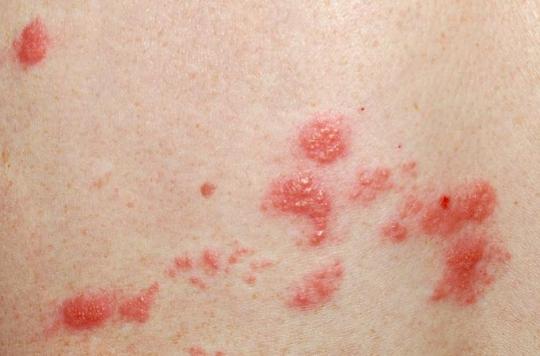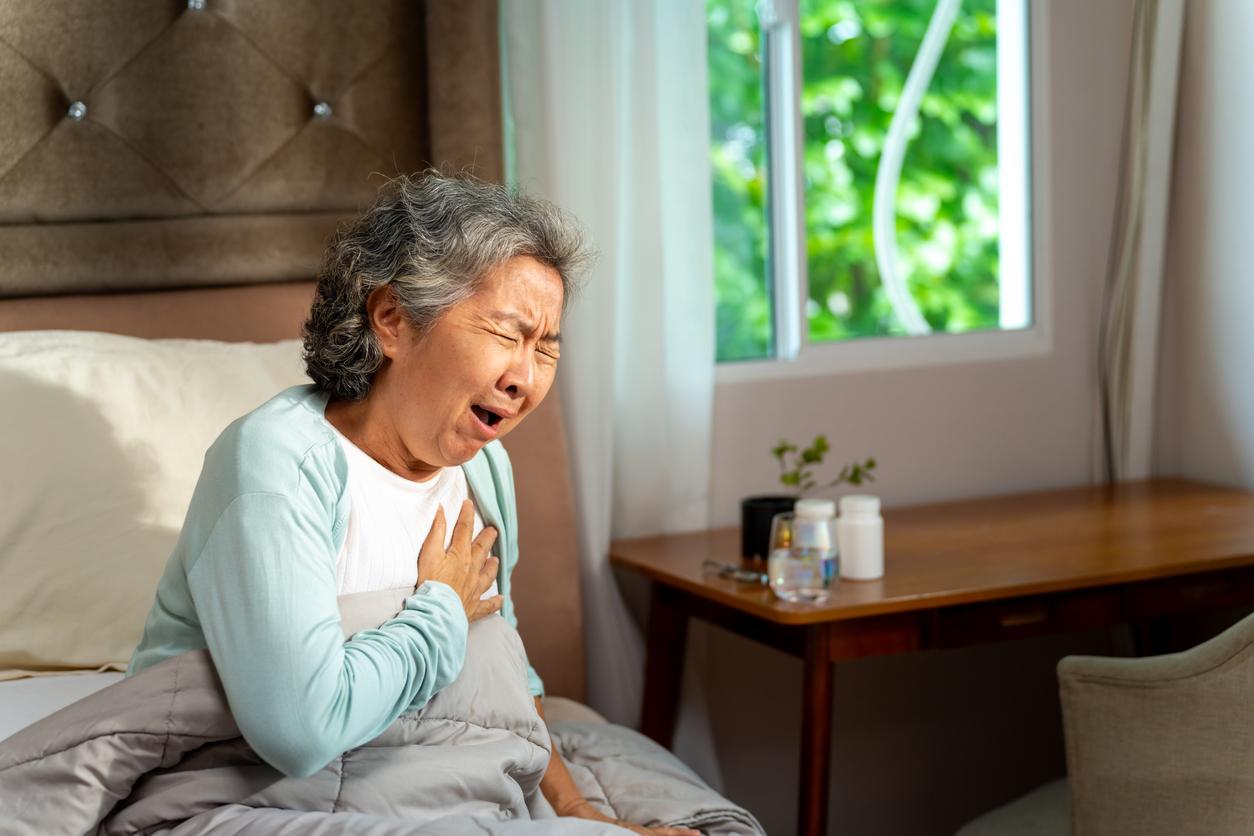Reactivation of chickenpox may be a cardiovascular risk factor. Patients more often suffer from stroke or heart attack.

The virus looks harmless. But for older people, this is not the case. Painful and disabling, shingles also threatens the survival of patients who suffer from reactivation of the chickenpox virus. They are at higher risk of fatal cardiovascular disorders, according to a study in the Journal of the American College of Cardiology.
Shingles is a painful rash on the skin. Most of the time, the infection clears up without any damage, but pain may persist. In addition to this handicap, there is another risk: that of stroke and heart attack.
Younger victims
To reach these conclusions, the researchers followed a group of 23,000 South Koreans for 10 years. Their medical records were compared to as many people who did not suffer from reactivation of the chickenpox virus.
Patients with shingles are 41% more at risk of suffering from a cardiovascular event. The likelihood of developing such a complication is especially high within a year of reactivation. Stroke and myocardial infarction occur more often after shingles than without it; the risk is respectively 35 and 59% higher.

These results may seem paradoxical: the victims of this herpes VZV reaction are generally younger, smoke less and drink less than the population used for comparison. They also do more sports.
Recommended vaccination
But a lead is put forward by researchers to explain this link between shingles and cardiovascular incidents. It lies in the immune response to the disease. The virus that causes the disease replicates in areas near the arteries, which can promote inflammation of the arteries and the development of thrombosis.
Previous elements argue in favor of this hypothesis. This is not the first time that a link has been established between a disease of infectious origin and a degraded cardiovascular prognosis.
“These results require an in-depth study of the mechanism at the origin of the link between shingles, myocardial infarction and stroke, underlines all the same Sung-Han Kim, who signs this study. But it remains important that the healthcare professionals who take care of these patients are aware of this risk. “
The most vulnerable have a preventive solution. Since 2016, vaccination against shingles has been recommended for the elderly.
.














